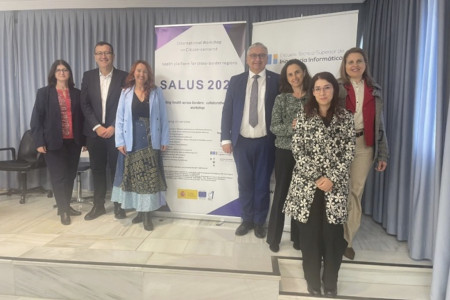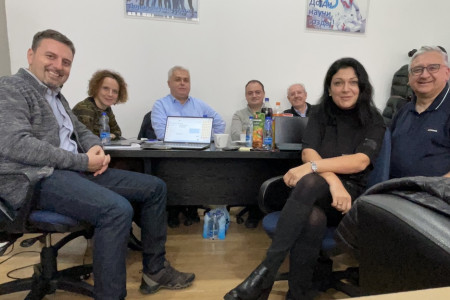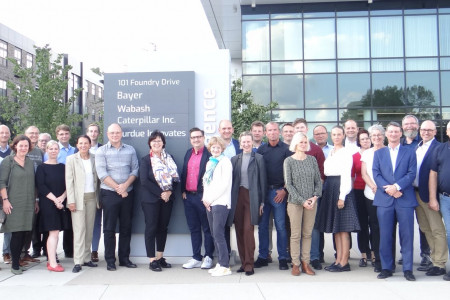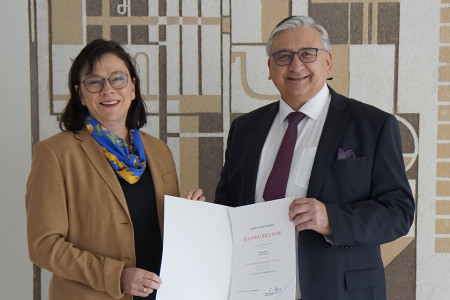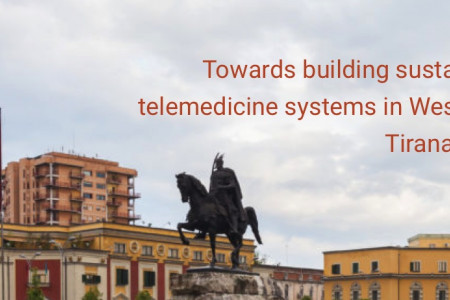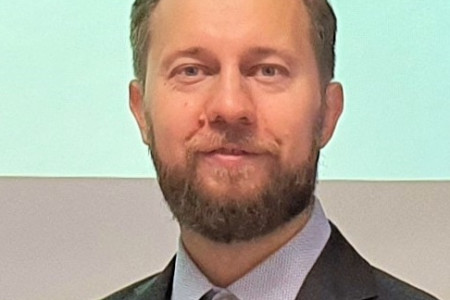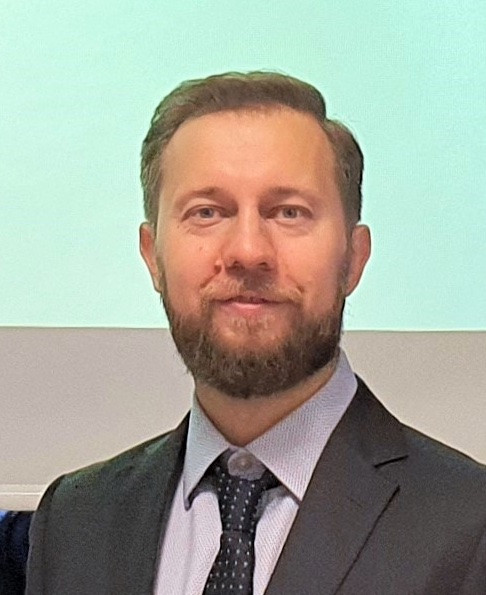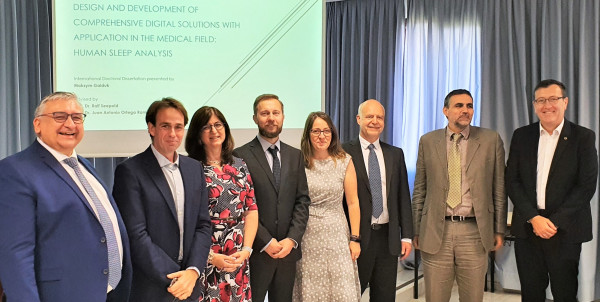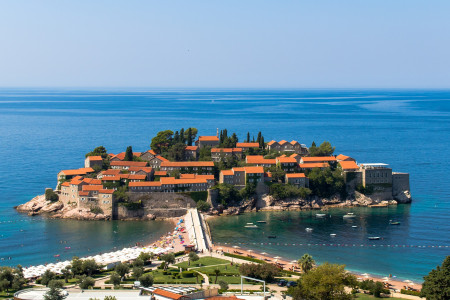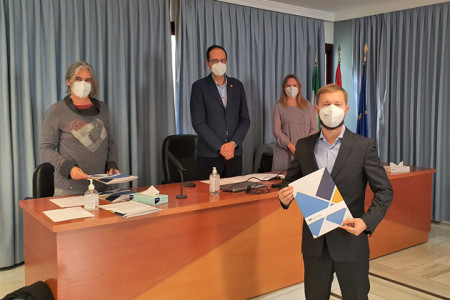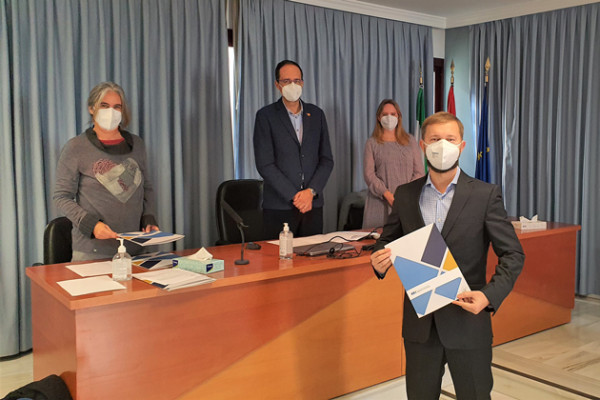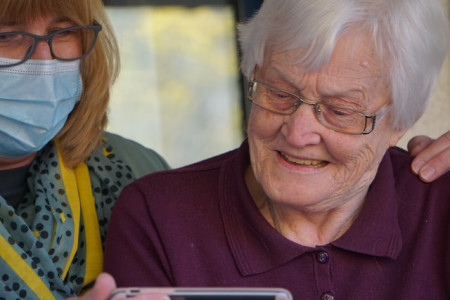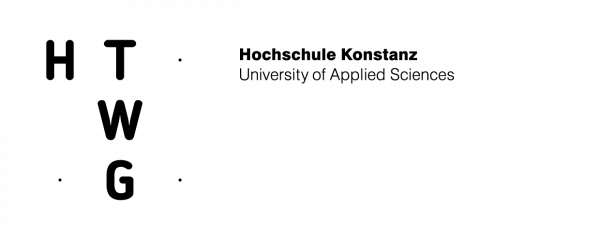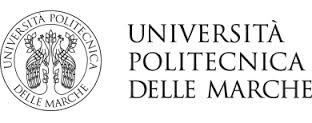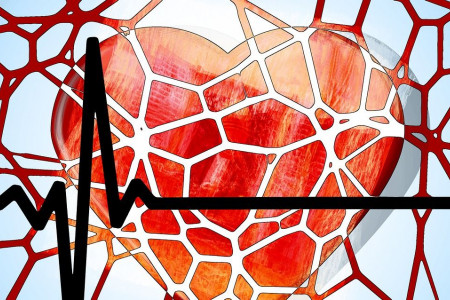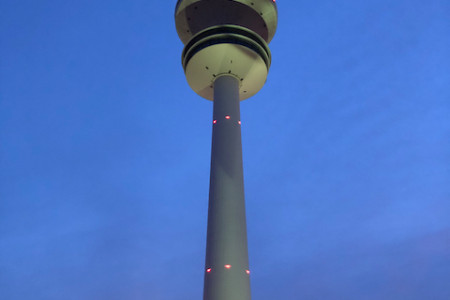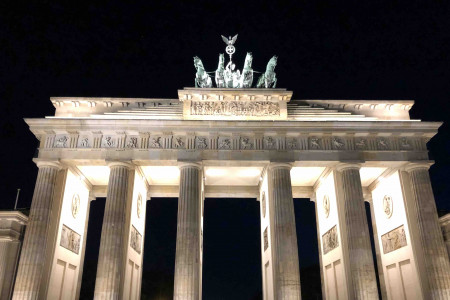Social Innovation in Long-Term Care through Digitalization
2-4 November 2021 and 13-16 December 2021
The binational workshop (Germany-Italy) aims to develop social innovation in long-term care (LTC) through digitalization. In a three-day event, individual solutions will be examined and developed. The participants will present their process innovations regarding LTC (inventory) and then compare them. Digital social innovation roadmaps will be derived from individual definitions. Furthermore, innovative approaches will be elaborated in cross-national working groups and with the involvement of young scientists. Subsequently, individual concepts for traceable process evaluation and sustainability will be discussed.
The workshop is free of charge. It will be both in virtual and physical participation following the Italian Government rules (green pass is required).
Focus Topics
The workshop will focus on LTC relevant approaches with special emphasis on the following hot topics
- Comparison of LTC processes, exchange and networking
- Defining digital social innovation roadmaps, finding problem-oriented innovative solutions
- Concepts for traceable process evaluation and sustainability
Remote session access
Some sessions are available for remote access. Please find below the session and the link to the session stream
Thuesday, November 2, 2021
10.00-13.00 Session 1 “Definition of digital social innovation roadmap”
Wednesday, November 3, 2021
10.00-13:00 Round table “Comparison of the LTC (long-term care) processes of the cooperation partners”
10.00-13:00 Session 3 “Concepts for comprehensible process evaluation and sustainability”
Thursday, November 4, 2021
10.00-13:00 Session 3 “Concepts for comprehensible process evaluation and sustainability”
Remote connection no registration required
In presence: Only with green pass (access free of charge, up to the maximum of the room capability) but pre-registration required by email to This email address is being protected from spambots. You need JavaScript enabled to view it.
Call for Contributions
Contributions must be related to the focus topics in the participating countries (Germany and Italy) and address one of the following areas:
- Evidence-based data acquisition and processing
- Knowledge-transfer concepts
- Citizen-centered health platforms
- Cross-border region concepts and cooperation
- Digital participation
- Cultural and ethical challenges
Download the call for papers
Guidelines for proposers, authors and participants
In case you want to participate in the Workshop, you may select one of the following formats to express your interest. Remember: The language of the Workshop is English, all contributions (written and oral) must be in English language.
Please decide what type of contribution is planned:
- Symposium or Network contribution
- The workshop will be organized in round tables of invited speakers. It will be nice to have a short paper (2 pages in LNEE fromat) published so we can ask them a contribution of type (1)
- Please use this template
- Research work (regular paper)
- These contributions are reviewed by a technical program committee
- 4-6 pages: Template
- Young scientist work
- The presenter and main author must be a young scientist (please mention in the author list)
- A best paper will be awarded
- Submit via the "research work" channel
- Participants: You are a student or young scientist and this workshop is relevant for your curriculum or research (but you are not actively contributing with own work)
- Motivation letter (max. 1 page, name, address, university addess, university degree obtained, current status and motivation)
- no template. please upload a free-form letter.
The conference organizers will publish a book in the series Lecture Notes in Bioengineering (LNBE) after both events have taken place. Accepted contributions will be invited to contribute to the LNBE project with an extended version of the paper. More details are communicated later. There will be no conference proceedings distributed during the events but a program schedule and all abstracts will be made available.
Submission: Where to upload the material?
We are using EasyChair to collect your contribution, please use this link.
Deadlines
- Submission of contributions is extended to: 29-Sep-2021
- Notification of acceptance: 13-Oct-2021
General Chairs
Massimo Conti (Università Politecnica delle Marche, Italy)
Natividad Martínez Madrid (Reutlingen University, Germany)
Simone Orcioni (Università Politecnica delle Marche, Italy)
Ralf Seepold (HTWG Konstanz, Germany)
Technical Program Committee
A. Brito, Univ. Federal da Paraiba, João Pessoa, Brazil
M.Conti, Università Politecnica delle Marche, Ancona, IT
L. Fanucci, Univ. of Pisa, IT
V. Frascolla, Intel Mobile Communications, Neubiberg, Germany
M. Grammatikakis, Hellenic Mediterranean University, Crete, GR
N. Martínez Madrid, Reutlingen University, Germany
G. Masetti, Università degli Studi di Bologna, IT
P. Mihova, New Bulgarian University, Bulgaria
S. Orcioni, Università Politecnica delle Marche, Ancona, IT
Y. Orlov, Sechenov First Moscow State Medical University, Russian Federation
G. Palumbo, Univ. of Catania, IT
P. Friedrich, HS Kempten, Germany.
L. Pieralisi, ARM, UK
M. Radetzki, Univ.of Stuttgart, Germany
S. Saponara, Univ. of Pisa, IT
R. Seepold, HTWG, Konstanz, Germany
T. Tarim, Texas Instruments, USA
E. Zanaj, Polytechnic University of Tirana, Albania
Local Activities Committee
Lucas Weber (HTWG Konstanz, Germany)
Simone Orcioni (Università Politecnica delle Marche, Italy)
Conference Venue
- Workshop in Ancona (Italy); 2-4 November 2021
- Workshop in Konstanz (Germany); 13-16 December 2021
Registration
currently closed
Applying for a scholarship
DAAD is supporting the Workshops with a limited number of scholarships. You (as a contributor or participant) might be eligible to receive a DAAD scholarship; it is covering your expenses (travel, accommodation or meals). In order to apply, we would need the following information: Name, residence address, affiliation, status (student, Ph.D., professor, etc.), CV, Motivation letter (max. 1 page), or proof of an accepted contribution for this event. The funding is based on the guidelines of DAAD; it is personal and non-transferable. There is no legal entitlement to a scholarship. If you have any questions, please contact us in good time..
Your application should be sent to Ralf Seepold (This email address is being protected from spambots. You need JavaScript enabled to view it.). Applications submitted later may not be considered.
Supporting partners
The activity is supported by DAAD grant no 57562968.
